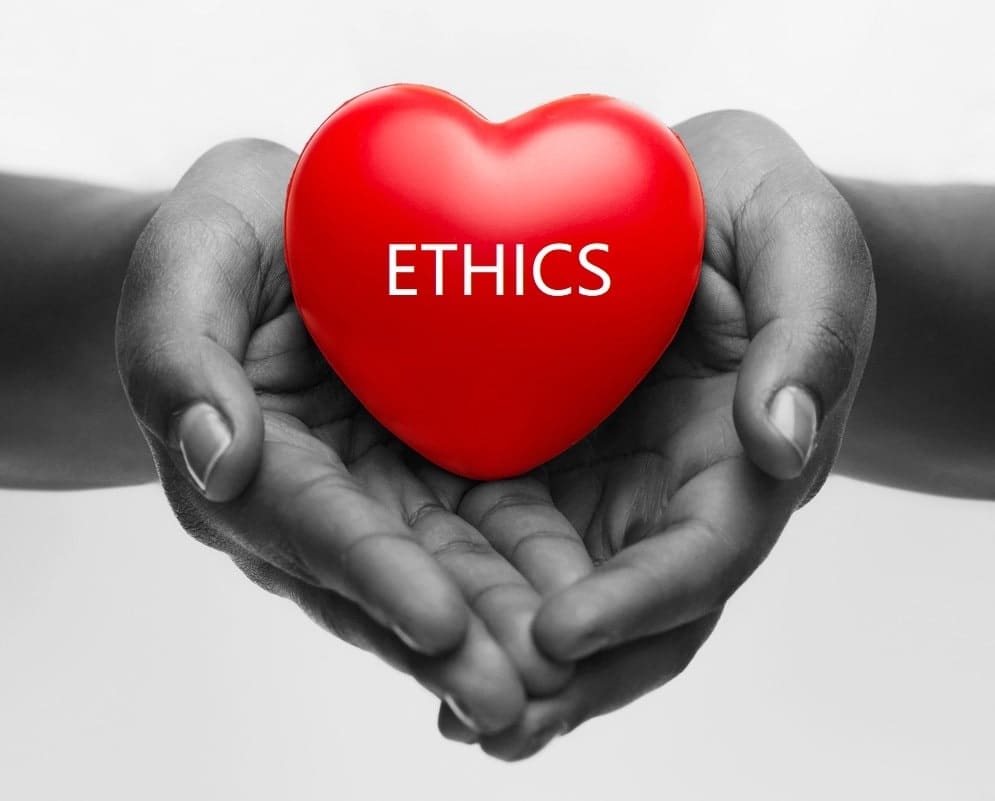Why shouldn’t businesses only be worried about the bottom line? How have business strategies changed? MetricStream’s Gaurav Kapoor article discusses the importance of putting ethics and integrity at the core of the organization’s business strategy.
In today’s world of social media and global interconnectedness, organizations are constantly under examination. This scrutiny comes not only from regulators and stakeholders, but also from customers and prospects. As Gen Z becomes the newest generation of consumers and employees, they are now expecting businesses not only to provide quality products, but also to have a strong commitment toward ethics and governance at the core of their organization.
As we begin to navigate through the uncertainty associated with COVID-19, setting integrity at the heart of business is not simply a best practice, but vital for a company’s survival. In this new environment, sustainability, diversity and transparency are more important now than ever before.
Even prior to COVID-19, millennials shared that they were extremely influenced by a brand’s purpose, values and practices. In fact, many millennials take a company’s values into consideration before they even make a purchase.
Social media has also created an environment in which brands are under constant scrutiny from the public. In the event of a corporate misstep perceived to be a breach of consumer trust, the virality of the information can put an organization under an enormous amount of pressure.
As consumer voices become louder than ever, no business is exempt from the risk of unethical behavior being thrust into the limelight. The rise of social media puts these organizations at increased risk unless they can take decisive steps to put ethics and integrity at the heart of their business model.
Now, with the world watching, it’s time to make meaningful change at the core of your business.
The Great Recession and How it Changed Business Strategy
When markets were hit hard during the 2008 financial crisis, the notion that a company was “too big to fail” was thrown to the wayside. As a result, banks and financial institutions were put under strict regulation and held under the highest standards.
The shift in expectations led to businesses questioning if “growth at all costs” was an effective business strategy. Today, instead of merely focusing on driving a profit, it’s nearly impossible for organizations to ignore the need for strong ethics within their business structure.
COVID-19 Puts Ethics and Integrity to the Test
As in 2008, the COVID-19 pandemic has stirred up many different reactions from organizations. In the middle of this crisis, the steps these organizations have made will long be remembered by consumers and, in some cases, will define the public’s perception of a company’s moral compass.
COVID-19 acts as a true test of how well certain businesses fared in their ethics and integrity programs prior to the outbreak. While the pandemic may be disruptive, it also illuminates areas in an organization needing improvement, forcing them to look in the mirror: How have they maintained a strong culture amid mass layoffs? How have they protected consumers and employees with health concerns on the rise? How have these organizations provided economic relief for consumers? How do they handle privacy? All of these are important questions to ask as we navigate through these uncertain times.
The truth is – this is not the only crisis we will face. If you haven’t already, now is the time to evaluate your organization’s latest reaction to crisis and to recognize the importance of establishing a strong culture of integrity so that you can be ready for the next big challenge.
Setting the Tone at the Top
Whether you’re in a private, public or nonprofit setting, a company’s purpose and culture can be directly affected by those in leadership positions. If leadership is solely worried about the bottom line, employees will take notice and reflect that mentality in their own actions as well.
If you’re a C-suite executive, employees will also closely follow the correlation between your words and the actions you take. Establishing a code of ethics and actively working to enforce those ethics from the top will help establish a culture of integrity throughout the entire organization.
The Benefits of Investing in GRC
To become a high-performing and ethical organization, one must invest in a strong governance, risk and compliance (GRC) program. This will allow you to create efficient compliance and ethics policies that can be communicated business-wide and to implement and track code of conduct training, awareness programs and other ethics programs with ease. Additionally, associated risks can be consistently monitored, and potential red flags can be investigated and addressed.
While many organizations may already have a GRC program, these programs are not likely to be as integrated in the overall business plan as what is recommended. As a result, leadership is unable to have a clear and timely view of potential ethical risks and problems, hindering the company’s ability to react promptly and effectively.
A strong, integrated GRC program can help display connections between compliance, ethics, risks, governance, issues and integrity and makes it easier for organizations to see the bigger picture. This type of strategy also allows you to standardize GRC terms so that decision-makers can be given clear and consistent risk and compliance insights.
In determinations of brand performance, integrity and business performance are now closely tied together. Organizations are increasingly expected to positively impact the communities in which they serve. By choosing to build a strong culture of ethics, integrity and governance, organizations will be better able to build trust and brand loyalty among consumers, regulators, employees and stakeholders alike.



 Gaurav Kapoor is co-CEO and co-founder of
Gaurav Kapoor is co-CEO and co-founder of 









